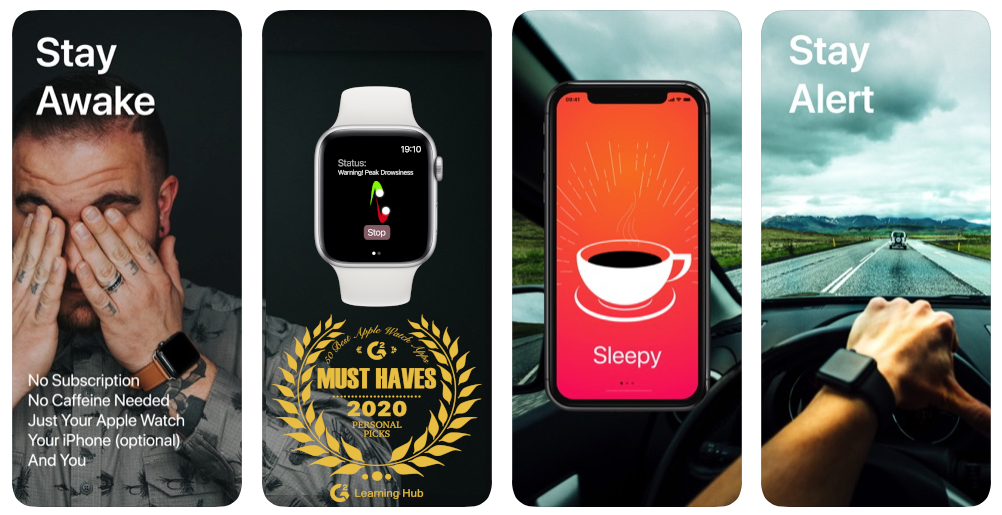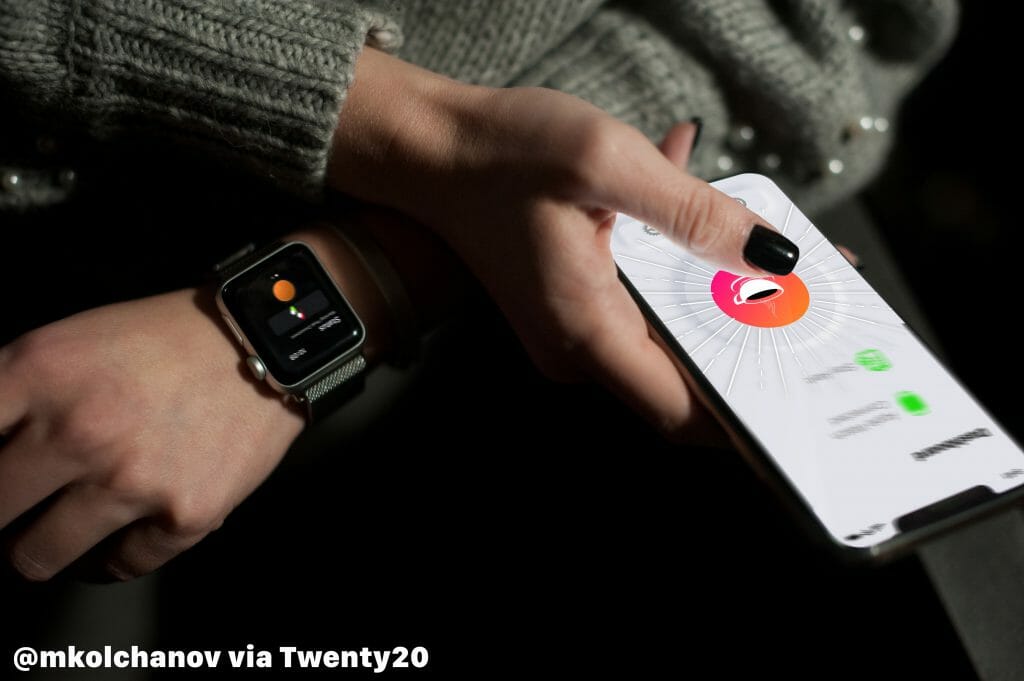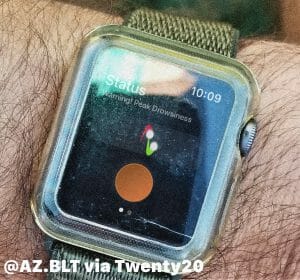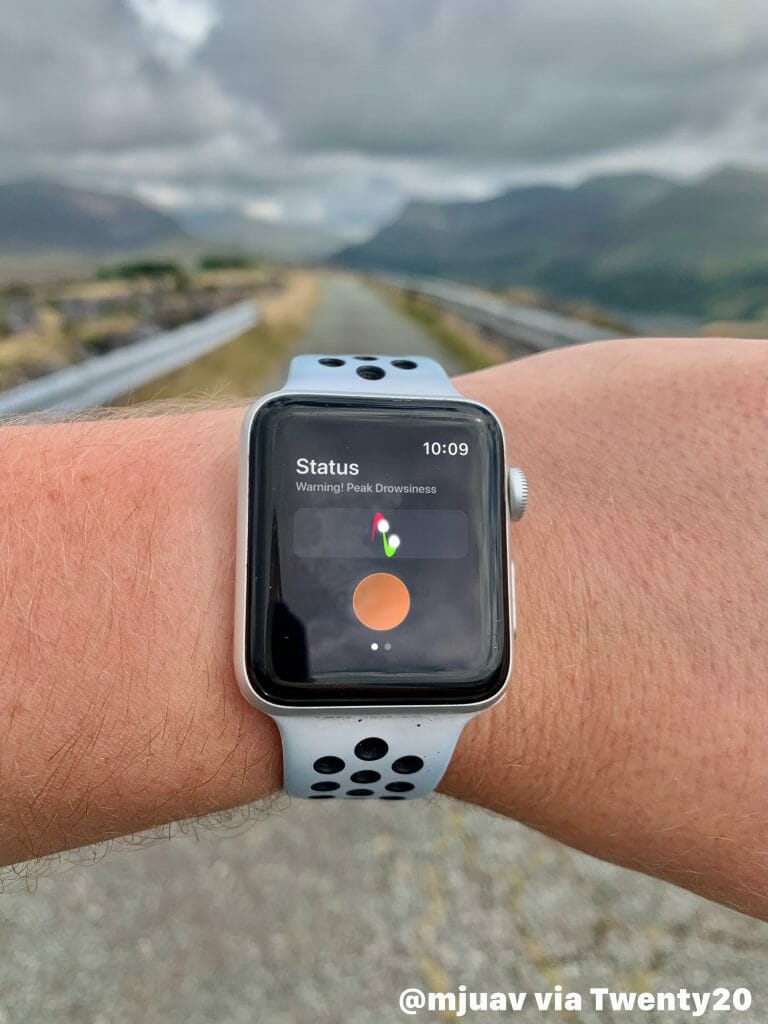Is Caffeine Addictive?

Photo by Jorge Franco @francofotografogdl on Unsplash, Egresado ya hace unos años de la Lic. Diseño para la Comunicación gráfica, contaba ya con un conocimiento previo de fotografía y edición, mi trabajo me ha demandado cada vez mas la fotografía así que decidí tomar un curso, un curso que impartió un viejo amigo y colega, con sus conocimientos compartidos a sus alumnos, nos pusimos a practicar teniendo buenos resultados. esta fotografía es la primera después de tomar el curso donde note una evolución, por esa razón la comparto al resto del planeta. Saludos cordiales Jorge (GEORGITO) Franco, https://unsplash.com/photos/o6VW-lmkjPY
Am I Addicted To Caffeine?
You Know…
Before studying for my final exams, I used to drink coffee, cola drinks and tea every day. It never occurred to me that I might have been addicted to the caffeine in them.
When people told me about the addictive nature of caffeine, I thought that they were exaggerating. I even did a couple of challenges where I didn’t have any caffeine for a day to prove that I wasn’t addicted and that they were wrong.
Well, I like learning the hard way and as the years have gone by, I’ve looked into what research I could find to find out one way or the other.
So, let’s see if we can work out if caffeine is addictive?
- I Don’t Have A Caffeine Addiction
- Caffeine Cognitive Bias
- Figuring Things Out
- Review
- Take The First Step

I Don’t Have A Caffeine Addiction
Because caffeine is consumed by so many people on a regular basis it is easy to overlook or forget that it is a stimulant.
During one of my caffeine abstinences I was called out for eating chocolate and found myself arguing that it doesn’t count, (oops)!
Another time I found myself justifying drinking tea (earl grey) very often by telling myself it was okay because I don’t drink too much coffee.
A few years back I started doing three day fasts to cleanse. On one particular occasion I decided not to have any coffee to perk me up. As I hadn’t drunk so much coffee during other fasting sessions, I thought that this would be a piece of cake.
How wrong I was. Not only was it one of the most difficult fasts that I had gone through, I found myself feeling very irritable, suffering from headaches and hot and cold flushes.
If you’ve experienced any of the above, then you can probably guess that it was likely that I was suffering from classic withdrawal symptoms. From subconsciously consuming caffeine, to justifying my behavior, I realized that I may just have a slight dependency on caffeine.
Caffeine Cognitive Bias
“Men are not prisoners of fate, but only prisoners of their own minds.”
Franklin D. Roosevelt
Over the years, what I’ve noticed is that I defend positions that I hold as valuable to my identification of what I believe is myself.
To explain this a little better let’s take my caffeine challenges. Could I give up caffeine for a short period of time? If I could, then why did I go back to consuming it again?
In environments such as the workplace and schooling, people like being seen as busy and productive. It implies that you are motivated to do the best that you can regardless of whether or not you feel tired.
When feeling tired and in need of a pick me up, a lot of people drink coffee or take an energy drink. It’s just the thing to do because it works and is convenient.
But does caffeine really work? What if it’s the caffeine that is making us feel tired, causing our headaches, and making us feel down when we abstain for even a few hours?
The difficulty with any addiction is being able to recognize that you are addicted, and once you do, to give up the addiction. It was easier for me to delude myself that I wasn’t addicted to caffeine rather than to face the addiction and overcome it.
Figuring Things Out
Understanding about the effects of caffeine helped me to be able to control my cravings. The wisdom I gained from seeking out information coupled with my own experiences helped me to help myself.
Any addiction can seem to be too difficult to give up, but by changing your perspective and mindset you can start to overcome it gradually, (unfortunately there are no quick fixes when it comes to addiction).
“Fortunately for serious minds, a bias recognized is a bias sterilized.”
Benjamin Haydon
Many people believe as I once did that caffeine is not addictive, but countless studies prove that it has all the attributes of an addictive substance:
- Dependence
- Tolerance
- And Withdrawal
Withdrawal is difficult because many of the symptoms are mistakenly thought of as reasons to consume caffeine:
- Headaches
- Irritability
- Fatigue
- Reduced cognitive performance
- General unease or dissatisfaction
- Sore muscles
- Depression
The symptoms of caffeine withdrawal can start as soon as 12 hours after your last intake and can last between 2 days and 2 weeks.
To reduce the effects of withdrawal, gradually remove caffeine from your diet.
- Dilute caffeinated drinks so that reduce the amount of caffeine you consume at each serving.
- Where possible use caffeine alternatives such as water and fruit juices and decaffeinated versions of your favorite products.
- Get better quality sleep so that your body and mind get the rest they need so as to reduce the cravings for caffeine.
Review
Having the correct mindset goes a long way towards helping you overcome your caffeine addiction.
- Don’t be in denial about your addiction. Own it and take action to overcome it.
- Find out as much as you can about caffeine and its effects on your mind and body.
- Seek professional help if you are not sure about anything.
- There are no quick fixes, come to terms with that fact and gradually change your dietary habits and lifestyle.
Take the First Step
Caffeine is addictive. To some more than others. By reading this article you already have taken one of many steps towards understanding caffeine addiction.
But don’t stop at just reading, make a commitment towards taking positive physical action.
Each step you take is another closer to your goal. Good Luck.
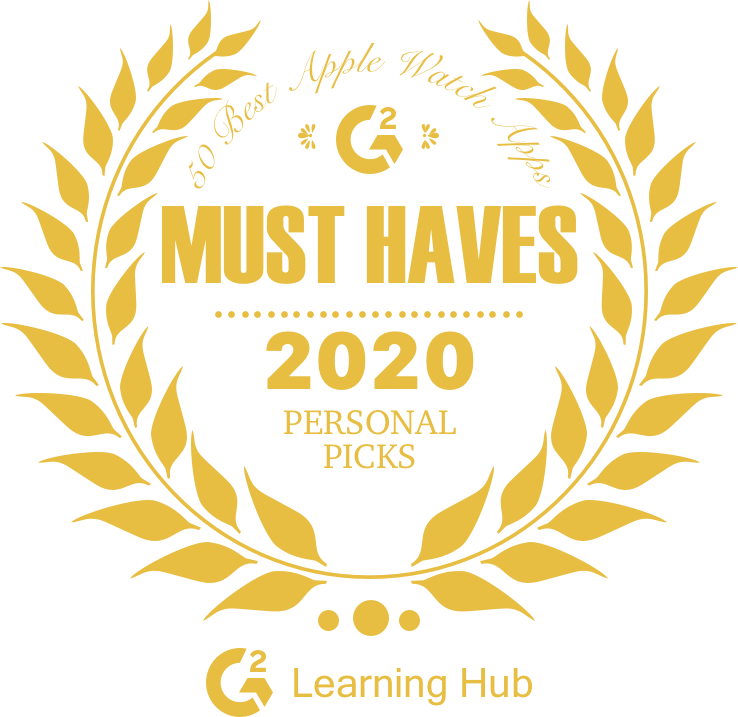
Now available on the App Store, download it now!
